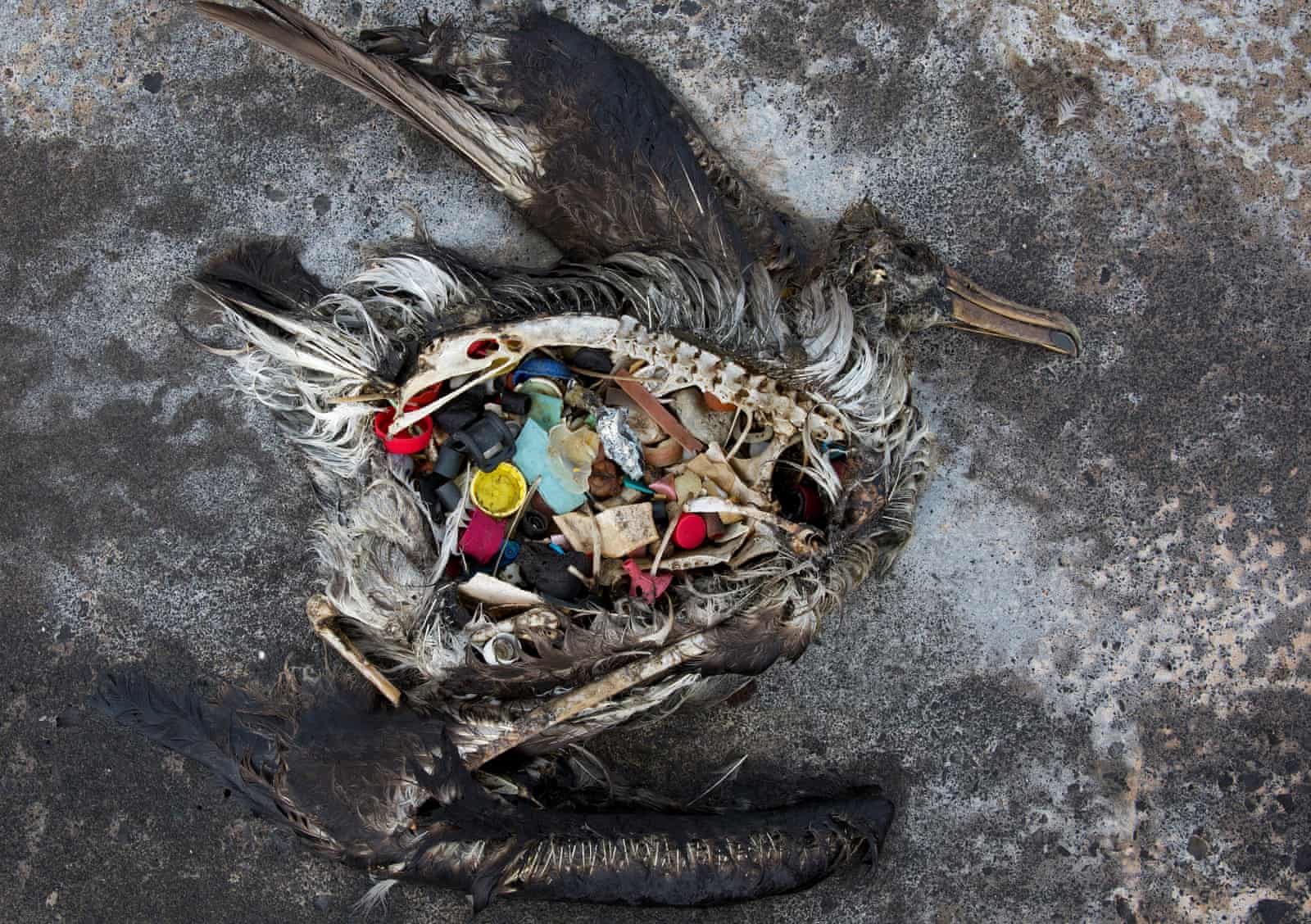Takeaway cups provided by cafes are typically made of paper or plastic for practical reasons. Perhaps, the biggest reason being their cost-effectiveness. However, in a cafe's pursuit of cost savings, it brings about a larger opportunity cost: the increasing amount of waste generated that, in the grand scheme of things, pollute the different spheres of the Earth. In the previous series, we explored some alternatives to disposable cups usage (biodegradables, reusables etc.). However, each has its own set of problems, like the differentiated waste treatment required, and the low take-up rate for reusable cups. This begs the question: are there other ways to reduce our reliance on disposables, without the need for new technologies?
The simple answer is yes. Like many other sharing platforms that we are familiar with, cup-sharing has been proposed as an alternative to combat our issue at hand. According to Song, Lee and Jung (2020), countries like Germany, some UK countries and South Korea have attempted cup-sharing services, and these services have shown signs of improving the current plight. The article was based primarily on a South Korean University's '0U Cup' cup-sharing program, and their takeaway from the project is that the coffee-to-go scene has to change in order for people's behaviour to change. In other words, cafes have to initiate cup-sharing as a default method of takeaway, and it must be made a trendy effort for the long term success of such sharing services (Song, Lee, & Jung, 2020).
Having a default option (the shared cup) and making the service trendy have to go hand in hand for the cup-sharing to be effective, as people may be repelled by the notion if they are forced to do something, and this is where societal pressure comes in to keep behaviours in check (Croes & Bartels, 2021). This is evident from the high average return rate of 75%, and the fact that cups were generally returned to the cafes deposit box, despite there being other boxes around the campus.
Given the right conditions, cup-sharing services thus seem like a viable alternative to disposable cups as it saves the cost of restocking disposable cups whenever they run low, and also reduce wastes littered around public spaces and accumulating in landfills. While the cup-sharing service mentioned was only a mini campus project, it would certainly benefit the environment should it be expanded to a wider scale.


No comments:
Post a Comment